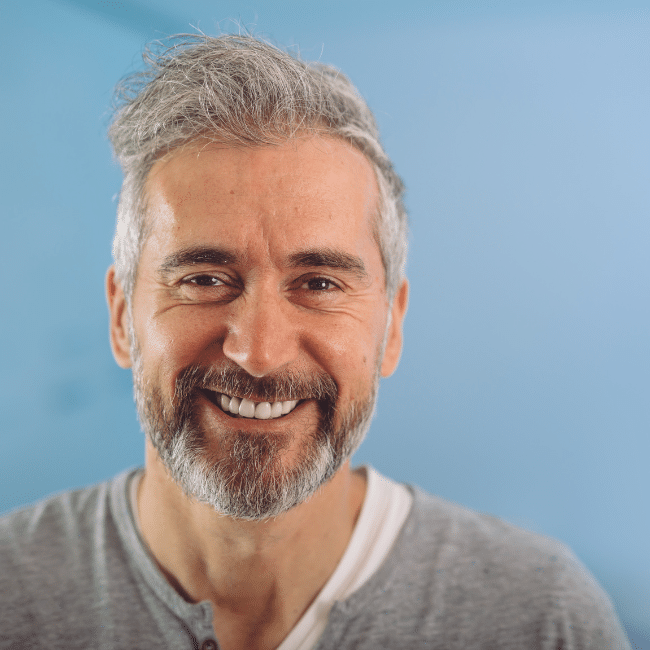THE HAIR RESTORATION BLOG
WITH DR. DANIEL A. DANYO
Body, Chest Hair Transplant Benefits You Didn’t Expect
Find out why Dr. Danyo says, “a chest hair transplant can be an excellent option for those who thought they were out of options—especially those with a huge area to cover.”
Read MoreBody Hair Transplant Effectiveness
This cutting-edge technique is making previously impossible hair restorations possible for many patients. But how well does it work?
Read MoreWhat Makes A Top Rated Hair Transplant Clinic?
If you’ve been considering a hair transplant to treat your hair loss, you’ve probably noticed that there are a lot of practices out there to choose from. What makes the best?
Read MoreHow DHI transforms FUE Outcomes
DHI hair transplants offer faster recovery, less scarring, & better results than FUE. Learn more about this advanced hair restoration method.
Read MoreWhat Makes DHI Transplants Unique?
DHI differs from traditional FUE in that the doctor uses a specialized implanter pen to both create the recipient site and place the graft in one motion. In standard FUE, the doctor makes the incisions first, and then technicians insert the grafts into those sites.
Read MoreBeard to Head Transplant vs. Traditional Methods
The newest beard to head FUE techniques not only make natural-looking hair restoration possible, it opens up new possibilities for many.
Read MoreBeard to Head Transplant Experiences Shared by Patients
If you’re thinking about having a beard hair transplant, you probably want to hear more about what you can expect. True stories.
Read MoreAffordable Hair Transplant Clinics for Hair Restoration
While many hair transplant providers pride themselves on transparent pricing, not every clinic does this. This is what to look out for.
Read MoreReal Client Reviews: Success Stories From Hair Transplant Recipients
Real clients share honest experiences with hair restoration: fixing bad transplants, natural results, seamless Shave-Less FUE, and trusted experts.
Read MoreUnderstanding The Key Factors That Ensure A Successful Hair Transplant
Ensure transplant success—know who’s eligible, top FUE methods, smart aftercare tips, and why your surgeon’s skill makes all the difference.
Read MoreFUE Hair Transplant Benefits You Didn’t Know
Boost your confidence with lesser-known FUE transplant benefits: tiny scars, rapid recovery, realistic results, and lasting hair regrowth.
Read MoreAre There Hidden Fees in Your Hair Transplant Cost?
If you’ve been looking into getting a hair transplant, you’re probably more than a little interested in knowing how much it will cost in addition to all the other considerations.
Read More











